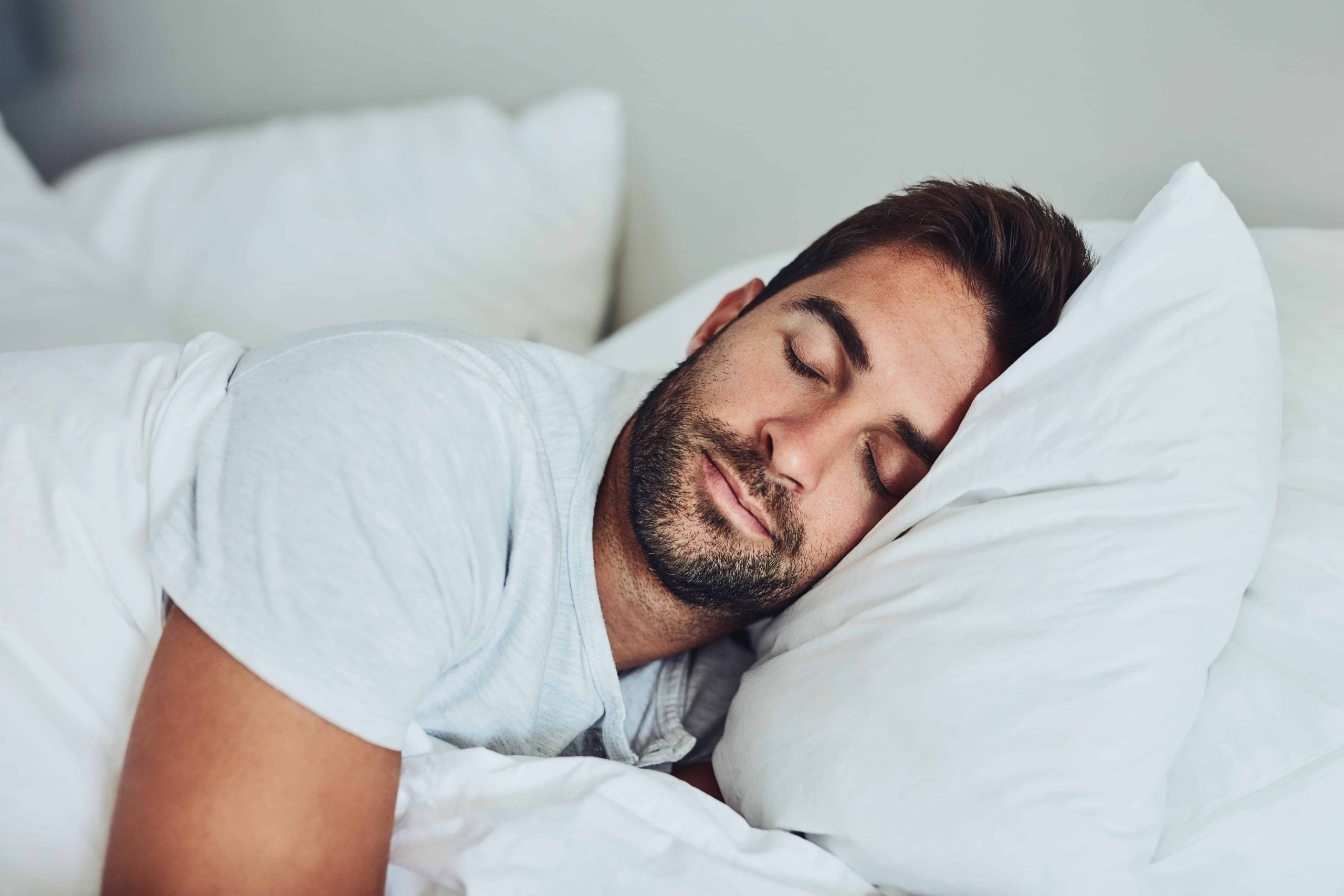Is Dementia Connected to Poor Sleep?
Like most things, sleeping is best done in moderation, and among the many effects of getting too little or too much is a new...
Posted on August 2, 2022
Sleep
When you spend your nights tossing and turning, it’s only natural to turn to a sleep aid for relief. Playing do-it-yourself doctor can have its drawbacks, though—if you don’t have the right treatment for your specific sleep issue, you could be wasting your money and prolonging your insomnia.
You can’t take any old sleep aid in your quest for a better night’s rest. While you may be tempted to use over-the-counter antihistamines that aren’t marketed as sleep aids, such as Benadryl, to help you drift off to dreamland, you probably shouldn’t. According to the American Academy of Sleep Medicine, these antihistamines don’t result in extra sleep, and they aren’t suitable for long-term use.1
Another popular over-the-counter choice is melatonin, a hormone that regulates your body’s sleep cycle to help you fall asleep. But if you have trouble staying asleep, melatonin most likely won’t help.
Finding the right sleep solution means pairing up with a medical professional. You may require a prescription med like Sonata that will decrease the time it takes you to fall asleep or something like Belsomra® that blocks the signals in your brain that make you wake up at 3 a.m. Or the cause of your tiredness could be sleep apnea, a common condition that a CPAP (continuous positive airway pressure) machine can help treat.
Screen time too close to bedtime can also make it hard to fall asleep, so put away your devices well before then. And if pandemic-related worries are causing your sleeplessness, your doctor may prescribe cognitive-behavioral therapy, which is highly effective for chronic insomnia.2
Don’t struggle through another night counting sheep—make your dream of more satisfying sleep a reality. Our expert sleep team is here to help get to the root of your unique sleeping issue with the most advanced diagnostic equipment available. Request a consult today!
1 Moyer, M. (2022). The trouble with sleep aids. The New York Times. https://www.nytimes.com/2022/04/07/well/mind/melatonin-antihistamine-sleep-aids.html
2 Qaseem, A. et al. (2016). Management of chronic insomnia disorder in adults: a clinical practice guideline from the american college of physicians. Annals of Internal Medicine. https://www.acpjournals.org/doi/10.7326/M15-2175
Like most things, sleeping is best done in moderation, and among the many effects of getting too little or too much is a new...
If your child snores lightly or occasionally, it’s probably not a cause for concern. However, frequent or heavy snoring may indicate that your child...
Did you spend all last night tossing and turning? TikTok wellness influencers would recommend you sip a sleepy girl mocktail—a mix of tart cherry...
Getting a good night’s sleep can be a difficult task if you’re dealing with sinus problems. Let’s look at how sinus pain and nasal...